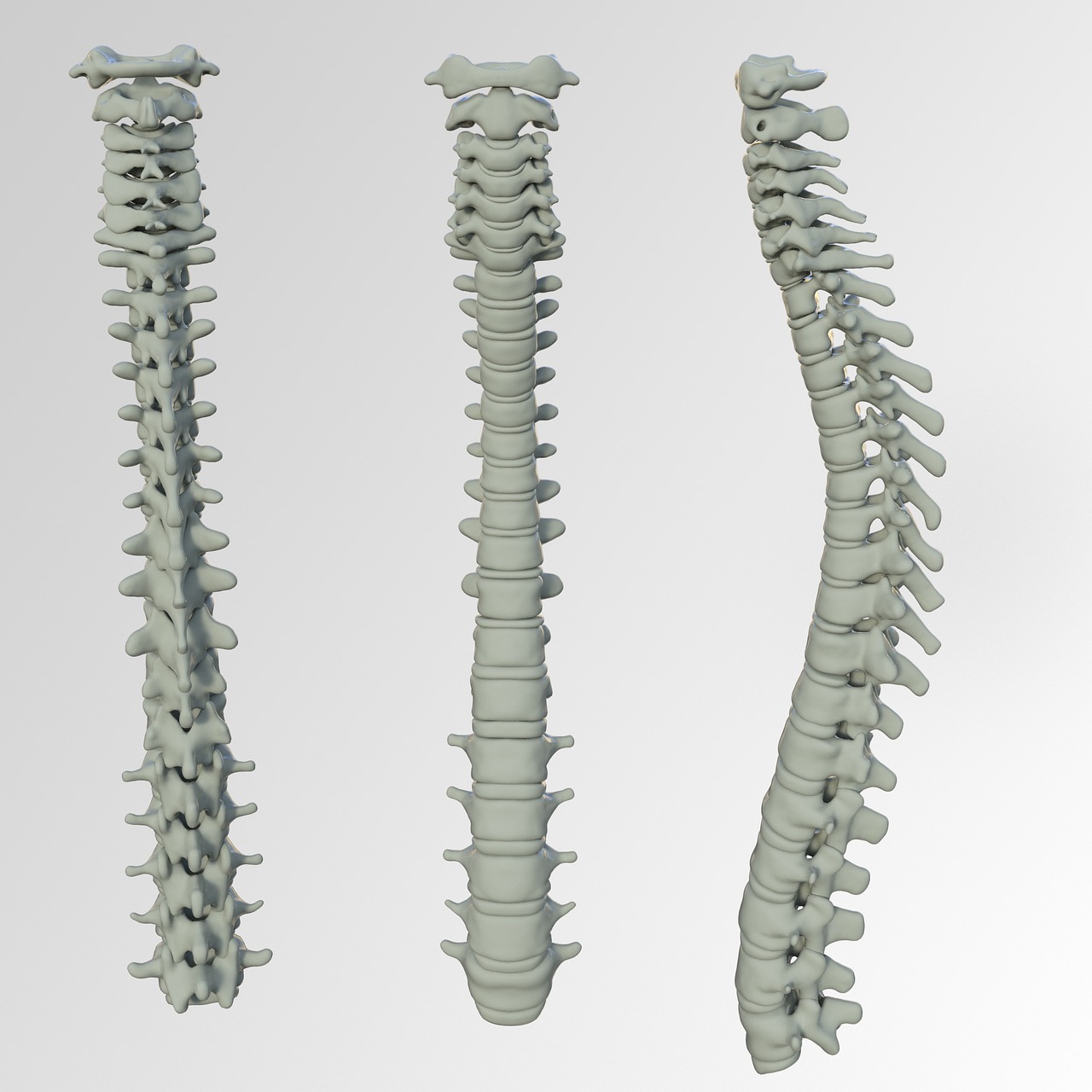Oracle Launches Tokenized Asset Ledger Including Stablecoins

Oracle Corporation, a global leader in database software and technology, has announced the launch of its new tokenized asset ledger platform, marking a significant step into the blockchain and cryptocurrency space. This platform is designed to facilitate the secure and efficient management of tokenized assets, including stablecoins, on a distributed ledger technology (DLT) framework.
The introduction of Oracle’s tokenized asset ledger aligns with a growing trend among enterprises to leverage blockchain technology for enhancing transparency, security, and interoperability within financial ecosystems. As digital currencies and blockchain technology gain increasing acceptance worldwide, Oracle’s move is poised to support enterprises seeking robust solutions for digital asset management.
Understanding Tokenization and Its Implications
Tokenization involves converting rights to an asset into a digital token on a blockchain. This process enhances liquidity, reduces transaction times, and minimizes risks associated with traditional asset management systems. By offering a tokenized asset ledger, Oracle enables businesses to streamline processes and achieve real-time settlement and reconciliation.
Stablecoins, a notable component of Oracle’s new platform, are digital currencies pegged to a stable asset such as a fiat currency or a commodity. They offer the benefits of cryptocurrency while mitigating volatility, making them attractive for both enterprises and consumers. The inclusion of stablecoins within Oracle’s ledger further underscores the platform’s comprehensive approach to digital asset management.
Features and Benefits of Oracle’s Platform
- Security and Compliance: The platform integrates advanced security protocols and compliance features to ensure that all transactions meet regulatory standards.
- Scalability: Designed for enterprise-grade applications, Oracle’s platform can handle large volumes of transactions without compromising performance.
- Interoperability: The ledger supports interoperability with various blockchain networks, enabling seamless integration with existing infrastructures.
- Smart Contract Functionality: Oracle’s platform supports smart contracts, allowing for automated execution of contractual agreements, thereby reducing manual errors and operational costs.
Global Context and Industry Impact
The launch of Oracle’s tokenized asset ledger occurs at a critical juncture in the evolution of digital finance. As central banks worldwide explore central bank digital currencies (CBDCs) and major financial institutions invest in blockchain technologies, Oracle’s platform positions itself as a pivotal tool for digital transformation.
By providing a secure and scalable solution for managing digital assets, Oracle is likely to attract a diverse range of industries, from finance and real estate to supply chain management. The ability to tokenize real-world assets offers businesses unprecedented flexibility in asset management and opens new avenues for investment and liquidity.
Conclusion
Oracle’s entry into the tokenized asset ledger space highlights the growing importance of blockchain technology in modern financial systems. By offering a comprehensive platform that includes stablecoins and supports interoperability, Oracle is not only enhancing its service offerings but also contributing to the broader adoption of digital assets. As the global financial landscape continues to evolve, Oracle’s innovation in tokenized asset management is set to play a crucial role in shaping the future of enterprise finance.













